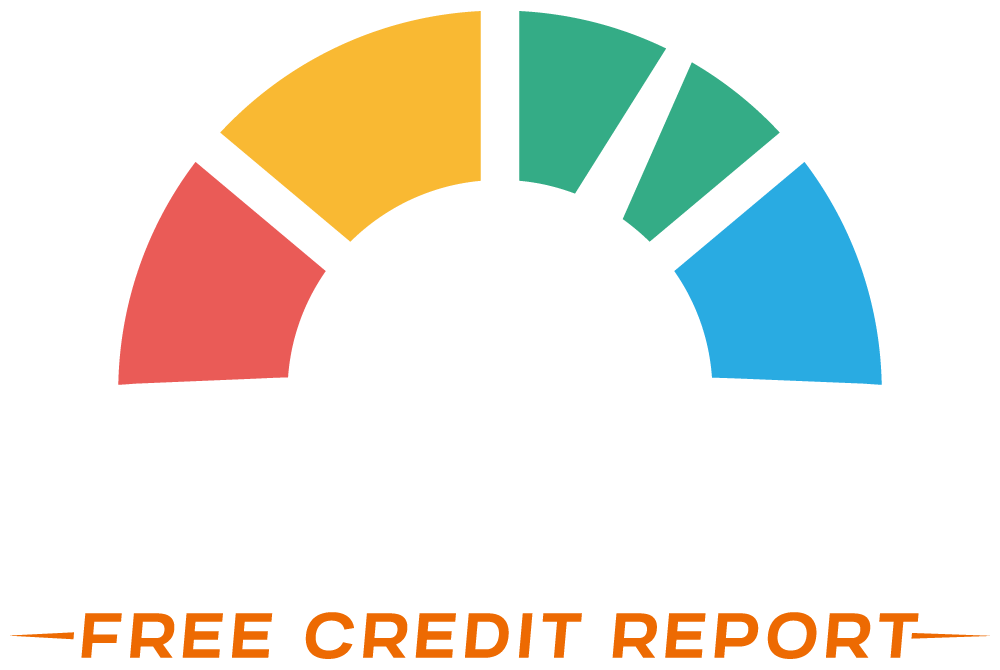Credit scores are easy to bring down but are much harder to bring up. Improving a credit score can be done. Tips in this article should be able to help one improve their credit scores without having to pay for some questionable program, filing bankruptcy, paying a lawyer or an accountant. These tips are not an overnight solution and will take time to improve a credit score, which is important as it can affect you getting credit to buy a home, a car, credit cards and the rate you pay. Your credit score can affect you getting a job as well.
Tip One: Check Your Credit Reports For Errors
Periodically check your credit reports for errors. Check all three major credit reports which include TransUnion, Equifax, and Experian. Dayana Yochim of the Motley Fool wrote "surveys over the years have found that a high percentage of credit reports -- perhaps 80% or more -- contain inaccuracies." When I purchased my home, I had my credit pull and found some simple mistakes. An account was inaccurately described as delinquent. I was able to dispute the item and improve my credit score.
Tip Two: Pay Your Bills on Time
Making late payments can cost you additional late fees. It could affect your interest rate. Most importantly it has a negative effect on your credit score. If you have had late payments it could be one of the factors why your credit score is not as high as it could be. If a payment is over 30 days late it could be reported to the credit bureaus. It could stay on your credit report for seven years. LaToya Irby writes "payment history makes up 35% of your credit score." By making your payments on time and establishing a history of paying on time your credit score will improve. Especially the older the late payment is on your credit report. After seven years the late payment incident will fall off your credit report.
Tip Three: Keep Your Balances Under 50% of Your Credit Line
Michael Byrne a Mortgage Broker in New Jersey states in his blog "credit balances make up 30% of your credit score." He states "it is a good idea to keep your balances under 50% of your available credit on any given card." The reason for keeping it at 50% or less is because it is worked into a ratio. In simple terms the closer a person is to a maxing out a credit line, the higher credit risk that person appears to be. Lowering your debt could improve your credit score.
Tip Four: Don't Close That Account
Some people advised closing accounts when they are paid off. However, you may want to keep them open. Keeping an account open with a low balance and some activity will help with your credit balance ratio. By closing the account a person would lose the unused available credit on their total available credit. An example would be if I closed a $1000 line of credit. I have $800 dollars in credit balances on another $1000 line of credit. I would have had a better ratio of $800 balance on $2000 of credit to use than $800 on $1000.
Sources:
Fool.com for Motley Fool Article
The Effects of Late Credit Card Payments by LaToya Irby
Michael Byrne Blog







